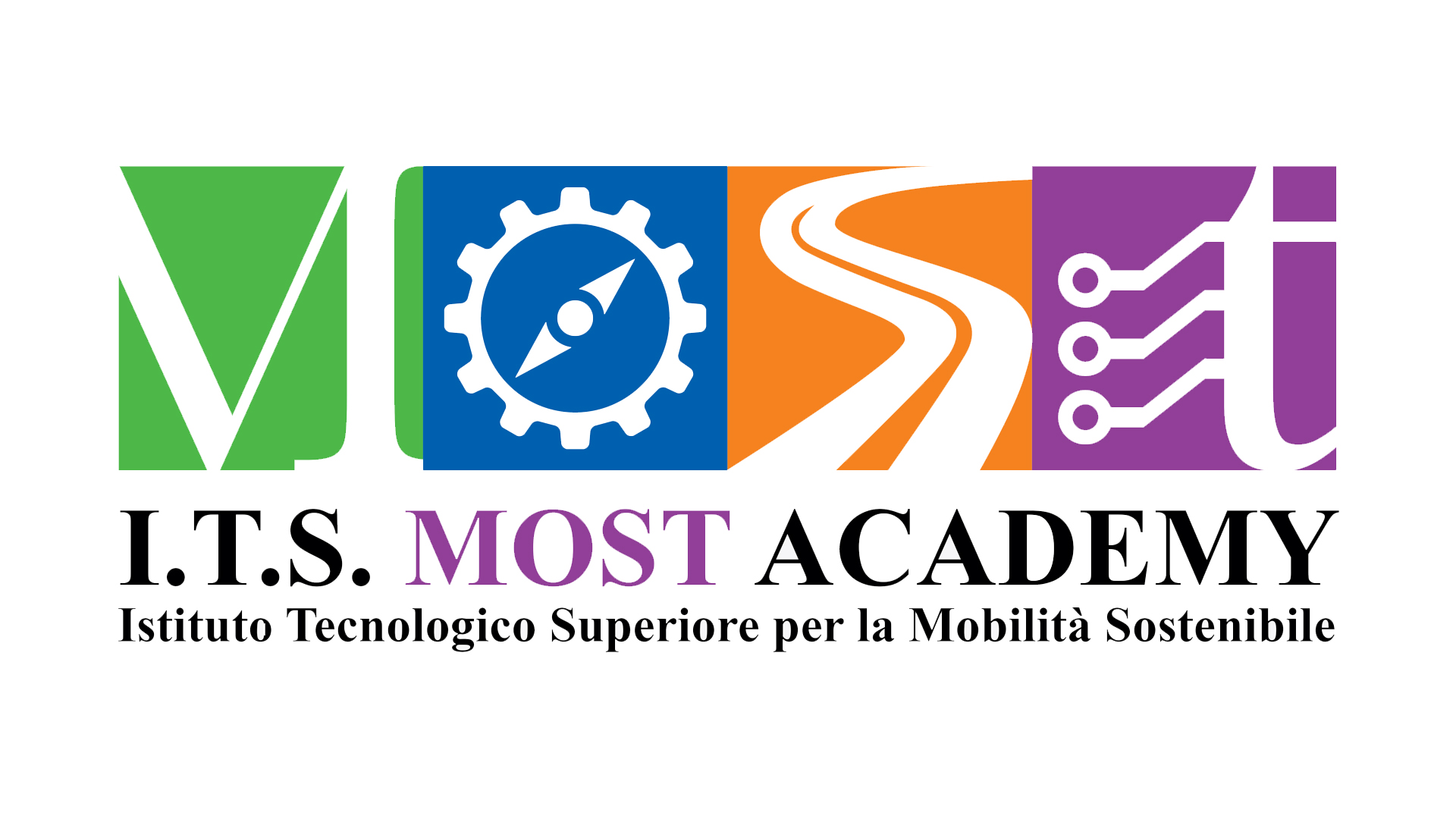In Italy, Istituti Tecnici Superiori (ITS) represent the post-secondary training pathway that runs parallel to universities. In these “specialist schools of technology”, experts are trained in areas that are considered strategic for economic development at the national and international level.
The ITS for Sustainable Mobility, based in Ortona, was created with the aim of training experts in the transport of people and goods, ready to face new challenges in international logistics. Indeed, the students will be able to train, through internships, in leading companies in the transport and logistics sector, understand their driving forces and develop experimental projects, as well as acquire specific skills in applied technologies.
It is a two-year post-secondary higher education course in the field of integrated logistics and the mobility of people and goods.
Qualification that can be achieved: Diploma of “Higher Technician in the Mobility of People and Goods”.
DIPLOMAS’ DEGREE : V° EQF
The European Qualifications Framework (generally abbreviated to EQF) is a system that allows us to compare the professional qualifications of citizens of European countries. The term “qualification” denotes a formal certification, issued by a recognised authority at the end of a training course as proof of having acquired skills compatible with the standards established by the national education system.
From 14 February 2008, for each qualification awarded in Europe the corresponding EQF level can be identified, allowing us to compare qualifications obtained in different countries.
The EQF system is based on the learning outcomes obtained at the end of the training course.
Learning outcomes are defined in terms of Knowledge, Skills and Competence. The overall result is an index, between 1 and 8, which aims to quickly and unambiguously identify the level of expertise reached in a certain area.
KNOWLEDGE :
Knowledge that is both comprehensive and specialised, practical and theoretical, in a particular field of work or study and an awareness of the limits of such knowledge.
SKILLS :
A comprehensive range of cognitive and practical skills required to develop creative solutions to abstract problems.
Knowing how to manage and supervise activities in professional or educational environments that are prone to unforeseen changes; to assess and build on your own performance and that of others.
EXPERTICE :
ITS offer qualifications that are eligible for access to public grants and can also issue university credits for those who wish to continue their studies.
